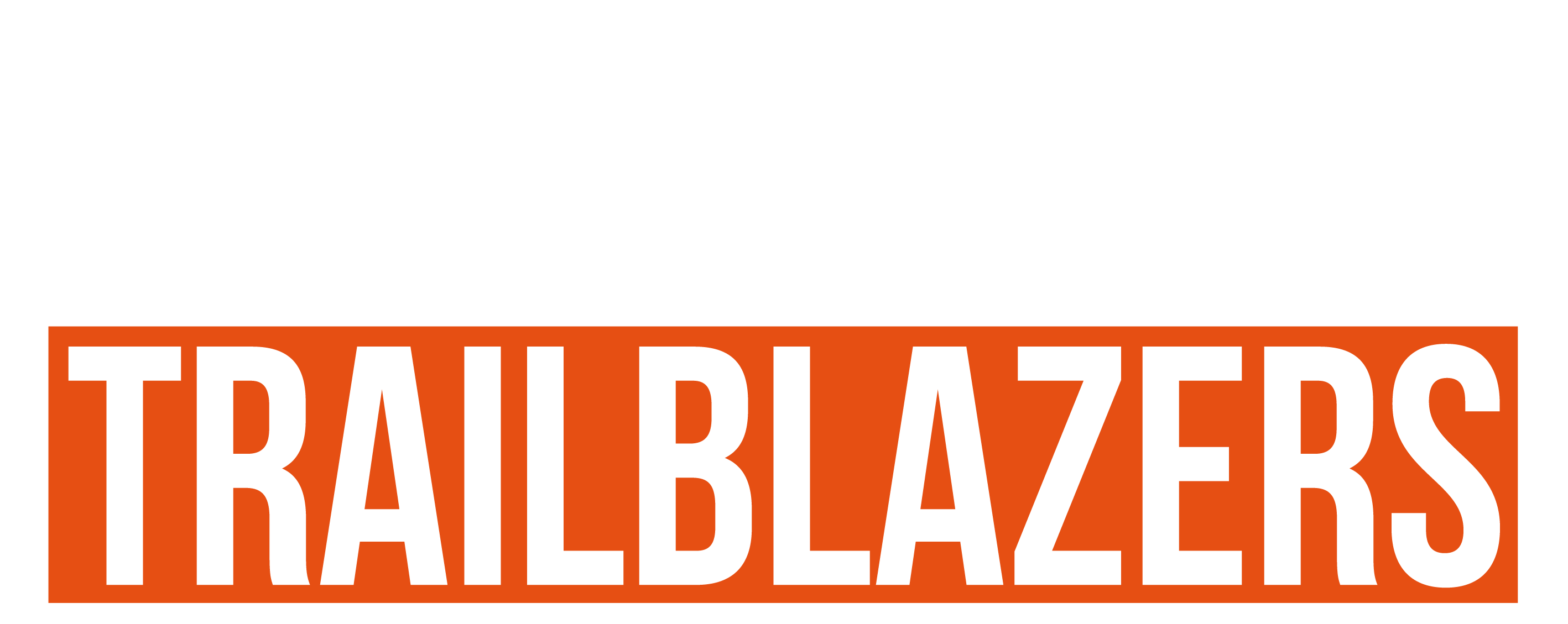
In this episode, Marcus Edwardes speaks with Nicole Thomsen Hirsch, an internal recruiting leader with a specialization in sales, who began her career at Aerotek in 2008. Via Segment—which was recently acquired by Twilio—she now works at Lattice as a Recruiting Manager.
Listen in as Nicole discusses the evolution of the recruiting industry over the last two turbulent years, with one of the biggest shifts being that candidates and employees have more influence in the hiring process as well as their work environment.
She says that, today, recruiting should never be an afterthought, but a top consideration. If companies seek to grow in 2022 and beyond, talent acquisition must be at the forefront. Recruiters themselves have an edge in today’s market if they focus on developing empathy, creativity, resilience, adaptability, and business acumen.
In the latter half of the conversation, Nicole speaks on the importance of cultivating culture at every stage of the employee experience, and communication both between recruiters and candidates and between internal stakeholders.
What You’ll Learn in This Episode:
● [02:26] How the industry has changed in the last two years
● [06:19] Ways in which companies can invest in recruiters and the TA function as a whole
● [14:05] Top skills recruiters need in today’s market
● [20:40] Maximizing the follow-up
● [24:18] Culture from the point of view of recruiters
● [28:50] How recruiters should consider retention
● [31:46] How companies can do a better job at engaging and retaining employees
● [34:40] The importance of internal communication
● [39:43] How internal recruiters can differentiate themselves
Key quotes:
● “Recruiting needs to be culture squared.”
● “I have very strong feelings that recruiters should have the opportunity to specialize. It shouldn’t only ever be focused on one specific area. Some cross-pollination seeds greater understanding.”
● “I don’t think [the first conversation] is the most important thing. I think the most important thing is the ongoing follow-up.”
● “I think engaging and retaining employees is [about] setting expectations and writing it down.”

Recent Comments